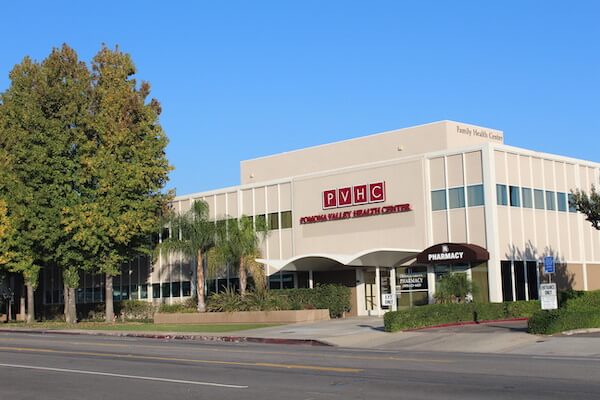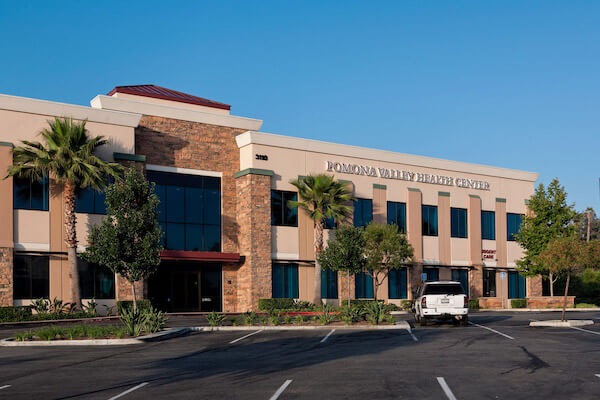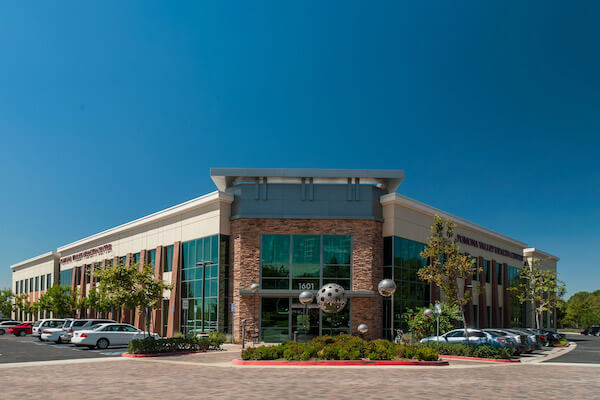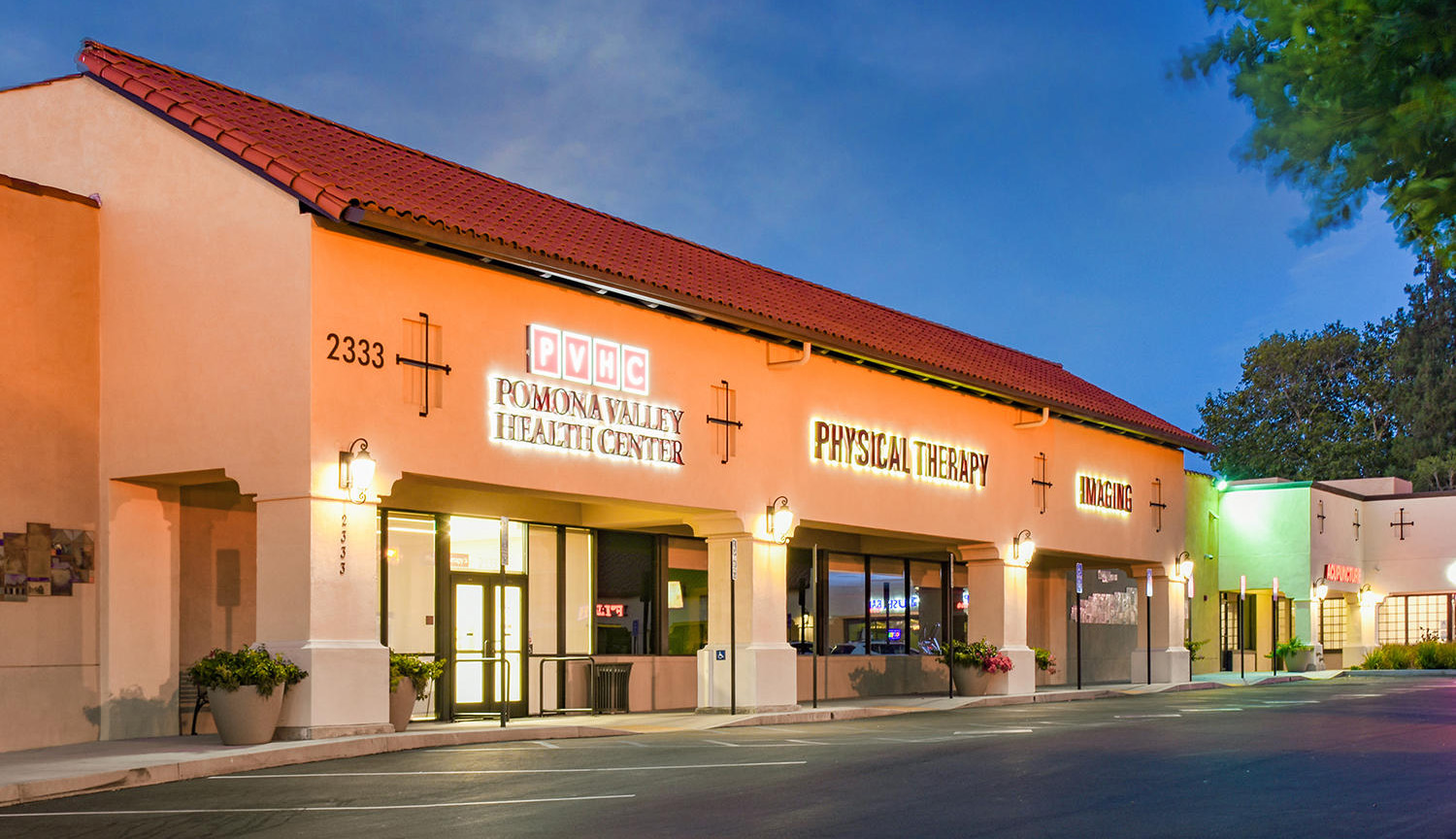 In many ways people are like fine wine: They get better with age. In other ways, growing older can be a real pain in the neck… or back… or knees. The aging process impacts everyone eventually and mostly consists of mental and physical changes in movement, mobility, hearing, sight, memory, balance and motor skills. Growing older also increases a person’s risk of developing chronic diseases like cancer, diabetes, arthritis or cardiovascular disease.
In many ways people are like fine wine: They get better with age. In other ways, growing older can be a real pain in the neck… or back… or knees. The aging process impacts everyone eventually and mostly consists of mental and physical changes in movement, mobility, hearing, sight, memory, balance and motor skills. Growing older also increases a person’s risk of developing chronic diseases like cancer, diabetes, arthritis or cardiovascular disease.
How Does My Body Change with Age?
Aging affects your body both inside and out. Here are some of the most common things that change with age:
- Your bones, joints and muscles
Bones and joints tend to shrink in size and density, making them more susceptible to fracture. Muscles tend to lose strength, endurance and flexibility, which can affect your balance, stability and coordination.
- Your cardiovascular system
Your cardiovascular system may be less efficient and cause your heart to pump harder, which can lead to high blood pressure and other cardiovascular issues.
- Your digestive system
Your digestive system may not work as efficiently, making constipation more likely.
- Your bladder and urinary tract
You bladder may become less elastic and lead to increased urination and decreased control.
- Your memory and thinking skills
Your brain changes with age, making forgetfulness more common.
- Your eyes and ears
Your eyes may develop cataracts or become more sensitive to glare and light. Your hearing may also diminish.
- Your teeth, skin and weight
With age, your teeth are slightly more vulnerable to decay and infection. Your skin becomes less elastic, making it more prone to bruising, wrinkles and age spots. Your metabolism slows down which may lead to weight gain.
How Does My Healthcare Change with Age?
With all of these physiological changes taking place in and on our bodies, it stands to reason our healthcare needs must also change. Here are just some of the healthcare changes you should expect to make as you grow older:
- Visit your doctor more often, in sickness and in health
As mentioned above, there are a number of conditions that are more likely to occur with age. The key to identifying these issues early and managing them where necessary is to have regular checkups with your primary care physician.
- Make lifestyle changes
Regular physical activity and a healthy, balanced diet are important at any age, but should be placed at the top of your priority list as you age.
- Eat more fiber
A fiber-rich diet will help slow down food digestion, which helps the calories you consume go further by promoting a more sustained and gradual release of energy.
- Get more physical activity
Regular physical activity is an important habit to adopt to help you stay strong and healthy long term. And like eating well and making healthy lifestyle choices, the sooner you begin, the better.
If you’re interested in learning more about how you can live well long into your golden years, contact the specialists in geriatric healthcare at Pomona Valley Health Centers. Call 909-630-7829 today.
 In many ways people are like fine wine: They get better with age. In other ways, growing older can be a real pain in the neck… or back… or knees. The aging process impacts everyone eventually and mostly consists of mental and physical changes in movement, mobility, hearing, sight, memory, balance and motor skills. Growing older also increases a person’s risk of developing chronic diseases like cancer, diabetes, arthritis or cardiovascular disease.
In many ways people are like fine wine: They get better with age. In other ways, growing older can be a real pain in the neck… or back… or knees. The aging process impacts everyone eventually and mostly consists of mental and physical changes in movement, mobility, hearing, sight, memory, balance and motor skills. Growing older also increases a person’s risk of developing chronic diseases like cancer, diabetes, arthritis or cardiovascular disease.



